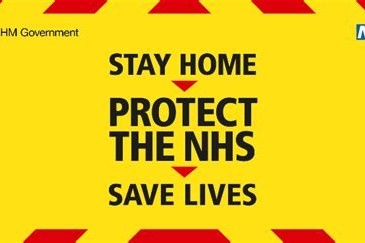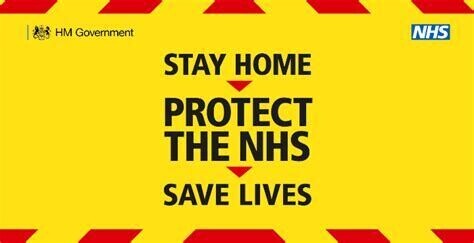
posted 29th November 2022

There’s a technique in cooking called ‘reducing.’ It involves heating a sauce - made up of many complex ingredients - over and over. As the volume of the sauce decreases through evaporation, so the intensity of the flavour increases.
Debaters need to be a bit like cooks, assembling the complex ingredients of their arguments into an attractive, easy to digest form which can be consumed by their audience. Sometimes they need to do some ‘reducing’; evaporating the inessential, boiling their arguments down to their essence. This essence can be described as a ‘slogan’.
Slogans can be enormously powerful in persuading people. Advertisers use them; politicians use them. Here are two examples of their successful use from (relatively) recent history.
The 2019 General Election
The General Election of 2019 came three and a half years after the UK had voted by a narrow margin to leave the European Union. Those three and a half years were characterised by complex, detailed negotiations with the European Union, followed by complex, detailed manoeuvres between the various factions in Parliament. And still the UK hadn’t left the European Union. After three and a half years, almost everybody, bar a few nerdy obsessives, was fed up with the subject of Brexit.
The main opposition party, Labour, led by Jeremy Corbyn, offered a 107 page manifesto, full of dozens of detailed proposals and policies for running the country. The governing Conservative party also offered a manifesto, but you wouldn’t know it, because their leader, Boris Johnson, seemed incapable throughout the campaign of saying anything other than three words: ‘Get Brexit Done’. What will you do about transport? Get Brexit Done. What will you do about education? Get Brexit Done. What will you do about the economy? Get Brexit Done. Over and over again. It was a simple, clear message, welcome to large numbers of people, and it worked: the Conservatives won by a landslide.
The Covid-19 crisis
The UK duly left the EU, but that didn’t keep out the coronavirus, giving Boris Johnson’s newly elected government the biggest crisis in a generation to deal with. On March 23rd, 2020, Johnson announced a national lockdown. Persuading people to action - or rather inaction - was now a matter of life and death. So seven words were repeated, again and again, night after night, on every available outlet and poster site: 'Stay Home - Protect the NHS - Save Lives'. It was simple, clear, spoke to people’s fears, and it worked: polls suggested an unprecedented 91% support for lockdown measures.
How can you use slogans in a debate?
Say the motion is: ‘This house would take down statues of people guilty of racist attitudes or behaviour.’ The proposition could sum up their key argument - that to celebrate racism is to perpetuate it - in the maxim: ‘Racism must not stand.’ The opposition could sum up their key argument - that history must be understood as a whole, and not restricted to contemporary perceptions - in the slogan: ‘Don’t rewrite history.’ Speakers on both sides could return to these slogans throughout the debate, helpfully drawing attention to the point of clash: should historic racism be denounced, or understood?
Slogans can be accused of oversimplifying complex issues. They certainly aren’t enough by themselves. Saying ‘Get Brexit Done’ did not make for a successful completion of the renegotiation of thousands of complex treaties on which the economic health of the UK depended; saying ‘Stay Home - Protect the NHS - Save Lives’ did not address either the complex physical and mental health needs of millions of people or the economic fallout from the pandemic. However, provided slogans are based on and are derived from a thoroughly argued case - provided the sauce already has all the ingredients before you start reducing it - they can be powerful tools for focusing attention on the essence of your case.





